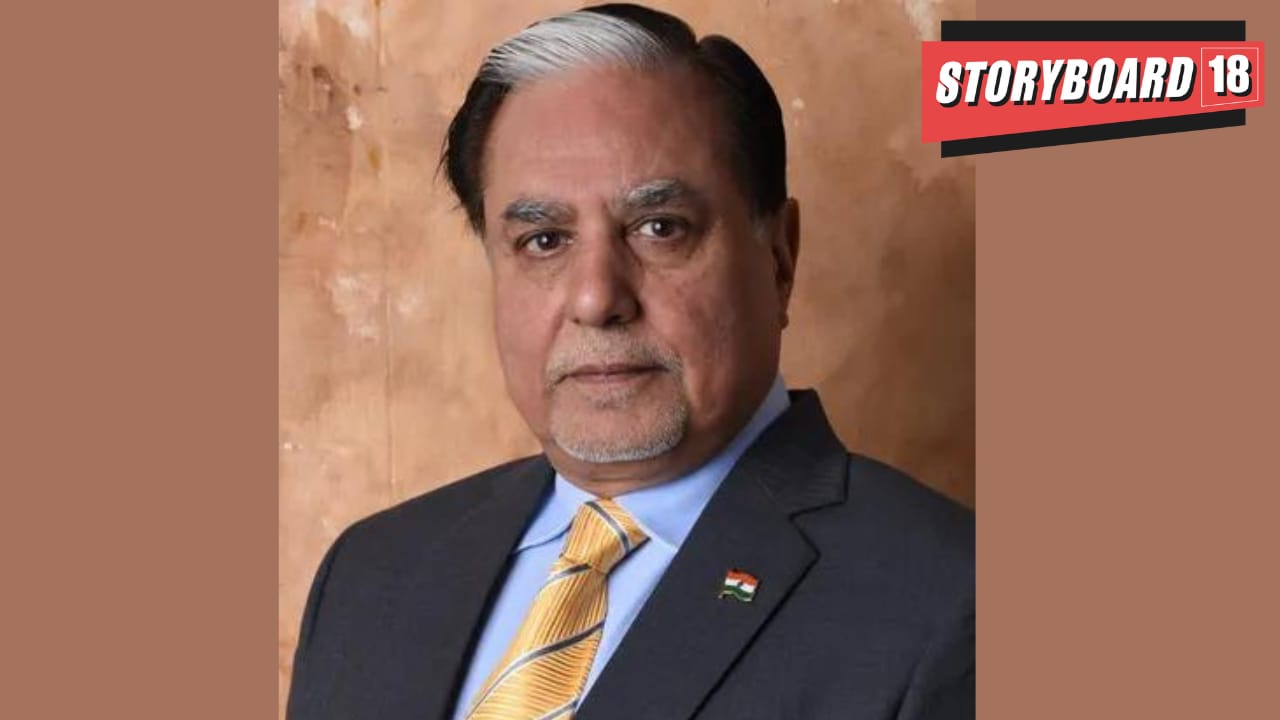At a time when India’s media landscape is evolving at warp speed with media firms deciding to merge or acquire, Zee Entertainment Enterprises Limited (ZEEL) might not just be ready for any partnership, at the moment.
ZEEL Chairman Emeritus Subhash Chandra, while addressing a query on how or if the company would look at partnering with any other media company to survive the competition, said, “Not at present, as we speak.” Chandra was speaking on the sidelines of the ‘Media Meet’ organised by Zee Media.
His statement holds significance because it comes days after Sony chairman and CEO Tony Vinciquerra said that Sony Pictures Entertainment (SPE) is looking at various merger and acquisition possibilities in India after the Zee-Sony merger agreement was called off earlier this year.
The merger agreement between the two media giants was terminated in January this year due to disagreements over leadership and unmet closing conditions. Signed in December 2021, the merger deal, which was at the final stage of talks, had received all key clearances from stock exchanges, the Competition Commission of India, and the National Company Law Tribunal. However, it couldn’t see the light of day.
Further adding on whether too much consolidation creating monopolies in the market is right or wrong, he added, “The good and bad is a very subjective thing. For me it may not be good, but for you it may be good. This is a very difficult question to answer or there is no right or wrong answer to this.”
Chandra also spoke on how unfortunately a handful of media organisations carry the tags of ‘Godi Media’ or ‘Designer Patrakar’ nowadays. On Storyboard18’s query about whether or not advertisers care if media houses align with a certain ideology or not, he said, “I have never noticed, nor I have been told about it that (advertisers’) preference is changing or not changing. I think advertisers are unbiased that way.”
During his address to the press at the conference, Chandra noted that while the media is considered as the fourth pillar of democracy, it faces increasing pressure from the Governing Class— the legislature, executive, corporates and more.
“There are structured attempts by them to align the media in order to achieve their agenda. Governments exert pressure on media through advertising influence or use of state machinery to threaten so that the press can be prevented from publishing factual information,” Chandra said.
He also said that a free and independent media is crucial for the health of the country in terms of its economy, the social structure, protection of weaker people in society, reduction of corruption and finally democracy.
